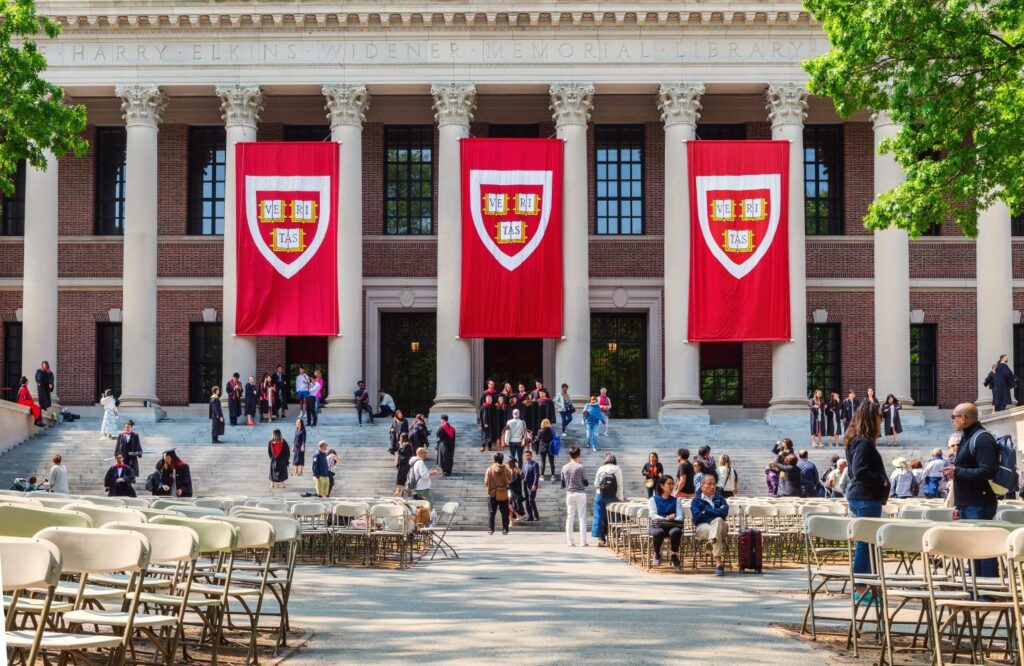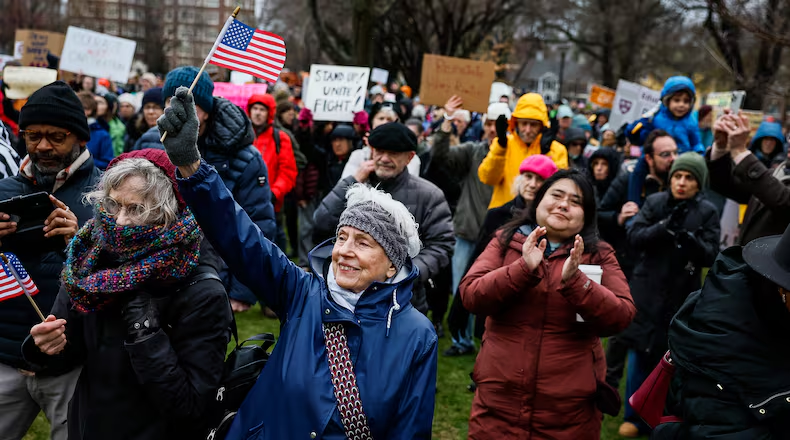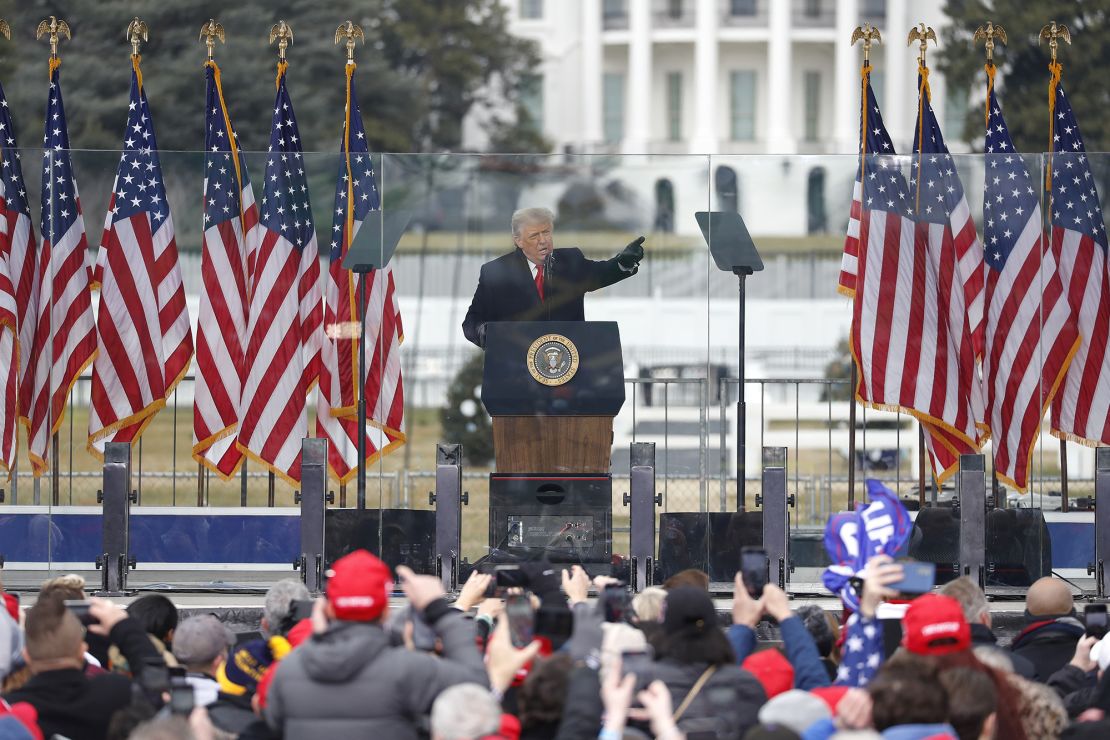Hours after Harvard University publicly rejected a list of White House demands, the Trump administration announced that it is freezing more than $2 billion in federal funds for the elite college.
According to a statement released by the Department of Education, “Harvard’s statement today reinforces the troubling entitlement mindset that is endemic in our nation’s most prestigious universities and colleges.”
The White House sent a list of demands to Harvard last week that it said were designed to fight antisemitism on campus, including changes to its governance, hiring practices and admissions procedures.
On Monday, Harvard stated that the White House was attempting to “control” its community and strongly rejected the demands.
It is the first major university in the United States to resist the Trump administration’s pressure to alter its policies.
In a letter to the Harvard community on Monday, its President Alan Garber said the White House had sent an “updated and expanded list of demands” on Friday alongside a warning that the university “must comply” in order to maintain its “financial relationship” with the government.
“We have informed the administration through our legal counsel that we will not accept their proposed agreement,” he wrote. “The university will not give up its constitutional rights or its independence.”
Mr Garber added that the university did not “take lightly” its obligation to fight antisemitism, but said the government was overreaching.
“The majority represent direct governmental regulation of the ‘intellectual conditions’ at Harvard,” he stated. “Although some of the demands outlined by the government are aimed at combating antisemitism,” he added. Trump’s request for a ban on masks is granted by Columbia University. Trump pulls $400m from Columbia University.
Why has Trump cancelled the visas of hundreds of international students? The education department announced that it would immediately freeze $2.2 billion in grants and $60 million in contracts to Harvard shortly after receiving his letter. It stated that “the disruption of learning that has afflicted campuses in recent years is unacceptable.” It is intolerable for Jewish students to be harassed.
It is time for elite universities to take the problem seriously and commit to meaningful change if they wish to continue receiving taxpayer support,” the statement added.

Harvard had “in recent years failed to live up to both the intellectual and civil rights conditions that justify federal investment,” according to a letter from the White House on Friday.
The letter included 10 categories for proposed changes that the White House said were needed in order for Harvard to maintain its “financial relationship with the federal government”.
Some of the changes included: reducing the power held by students and untenured faculty; reporting students to the federal government who are “hostile” to American values, and hiring an external government-approved party to audit programs and departments “that most fuel antisemitic harassment”.
Since re-entering the White House, President Donald Trump has put pressure on universities to tackle antisemitism and end diversity practices.
He has accused leading universities of failing to protect Jewish students, as well as having an institutional left-wing bias.
The administration announced in March that it was looking into approximately $256 million (£194 million) in federal grants and contracts at Harvard as well as an additional $8.7 billion in multi-year grant commitments.

In response, Harvard professors filed a lawsuit claiming that the government was violating academic freedom and freedom of speech. The White House had previously pulled $400m in federal funding from Columbia University and accused it of failing to fight antisemitism and protect Jewish students on its campus.
When the $400m was pulled, Secretary of Education Linda McMahon said: “Universities must comply with all federal antidiscrimination laws if they are going to receive federal funding”.
Shortly after, Columbia agreed to several of the administration’s demands, drawing criticism from some students and faculty.




